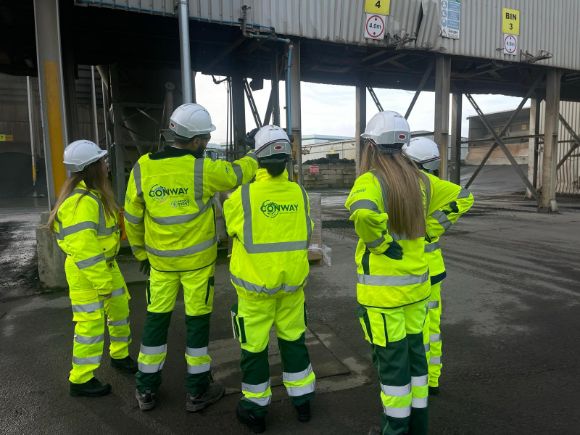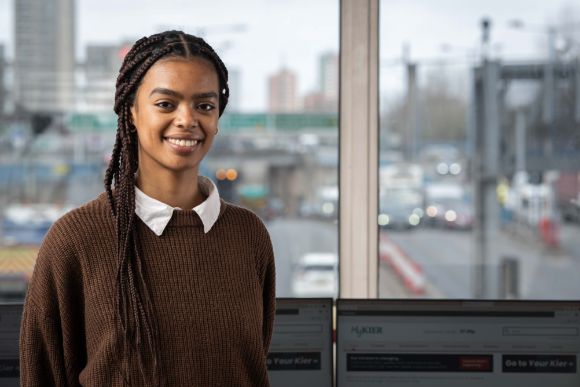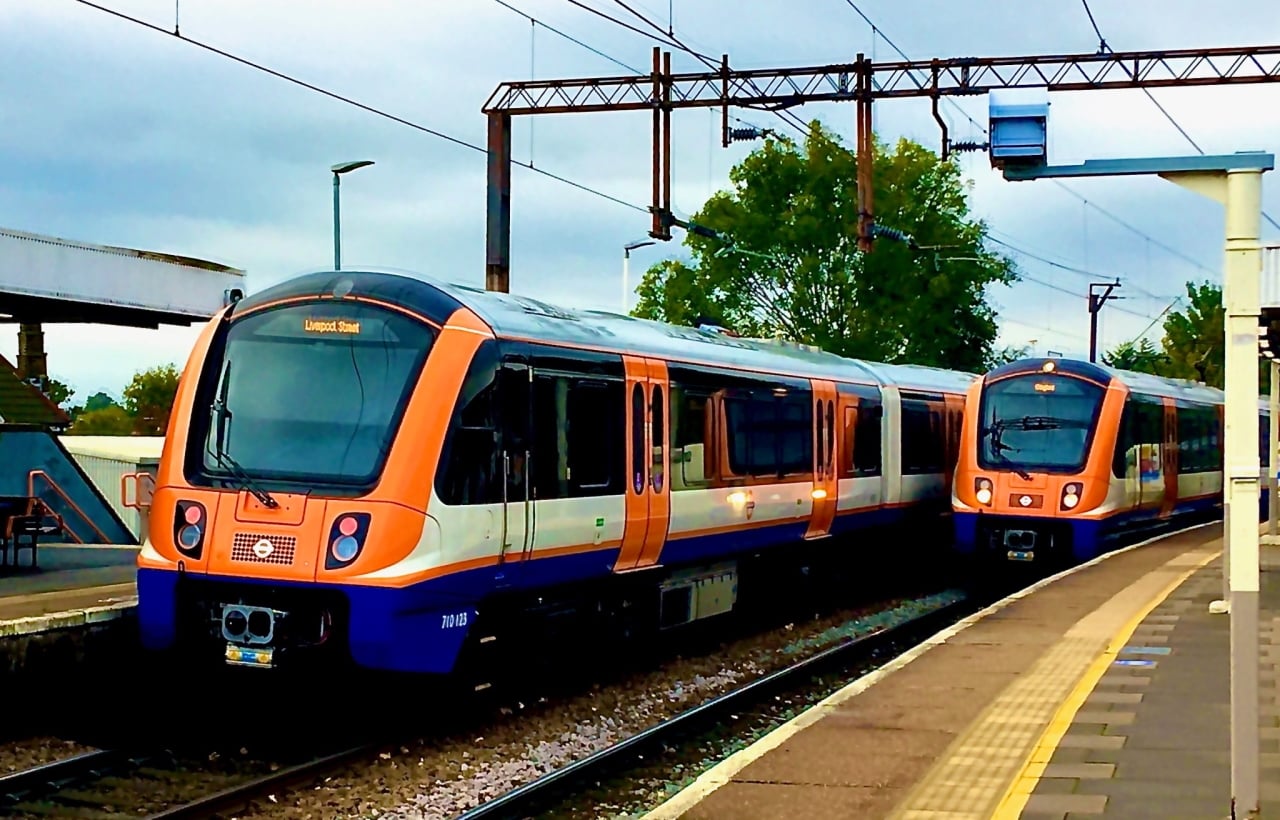Transport for London (TfL) has been marking International Women’s Day with a series of events aimed at recruiting more women to work in the transport sector, with a particular emphasis on engineering roles.
The organisation is keen to ensure that all the industries working under the TfL umbrella are more inclusive and representative.
Operational roles remain particularly male-dominated, as well as the engineering and technology sectors and TfL’s internal Women’s Colleague Network Group is promoting several events to encourage female applications to join these particular areas.
Engineering in the UK is already exhibiting a skills and diversity shortfall. Research from a DJS survey in 2020 shows 47% of UK pupils aged 11-19 have not considered engineering as a potential career.
An Engineering UK survey showed that 16.5% of the UK engineering workforce is made up of women, with Black and minority ethnic groups representing around 11.4%.
The drive to recruit more women to areas they might not have considered as a career route will continue throughout March.
These will include providing and promoting a range of initiatives to encourage women into employment in the transport sector as well as addressing the reasons why women may be prevented from advancing to senior or higher-paid positions within the operation.
TfL is already supporting women’s progression into senior management roles by launching a new Getting ready for Senior Leadership programme.

TfL’s supplier skills team has been working with suppliers to increase the number of women working in transportation, engineering and construction sectors.
Later this year up to 20 women will be given the opportunity to experience working within these sectors through TfL’s support of a Women into Transportation and Engineering (WiTnE) pre-employment programme.
London Transport Museum hosted a Museum Late: Women on the Move today, highlighting the jobs women do to keep London moving. Visitors could also understand the journeys women have taken to get there and will explore women’s diverse experiences of travelling and working in the capital.
Last November, TfL, the Royal Academy of Engineering and the London Transport Museum created a reimagined version of London’s iconic Tube map, honouring the contributions of engineers. The Engineering Icons Tube map celebrates the achievements of many female engineers and was created to help encourage more people to consider engineering as a career.
Later this year, two of London’s six Overground lines will be renamed to recognise the historic contribution women have made to London. They will become known as the The Suffragette Line and The Lioness Line.
Deputy Mayor for Transport, Seb Dance, said: “The Mayor and TfL are committed to diversifying and strengthening TfL’s workforce and are working hard to attract more women to the transport and engineering sectors.
“This year TfL is marking International Women’s Day with a number of events and activities, which we hope will encourage more women into these exciting and vital industries.”
Patricia Obinna, TfL’s Director of Diversity and Inclusion, said: “This International Women’s Day, we want to show that Transport for London offers women varied and rewarding career opportunities, and we hope that our efforts to do this will help women to see that every role at TfL is open to them.”

Lina Shari who joined TfL’s WiTnE programme, says: “I hadn’t considered transport as a career option but, following the programme, I’m now have a role as a Workflow Coordinator at Kier. The fact that the programme is specifically made to benefit women, and help them with their career path was key for me. This experience opened my eyes and made me aware of what happens on London roads every day.”





Responses